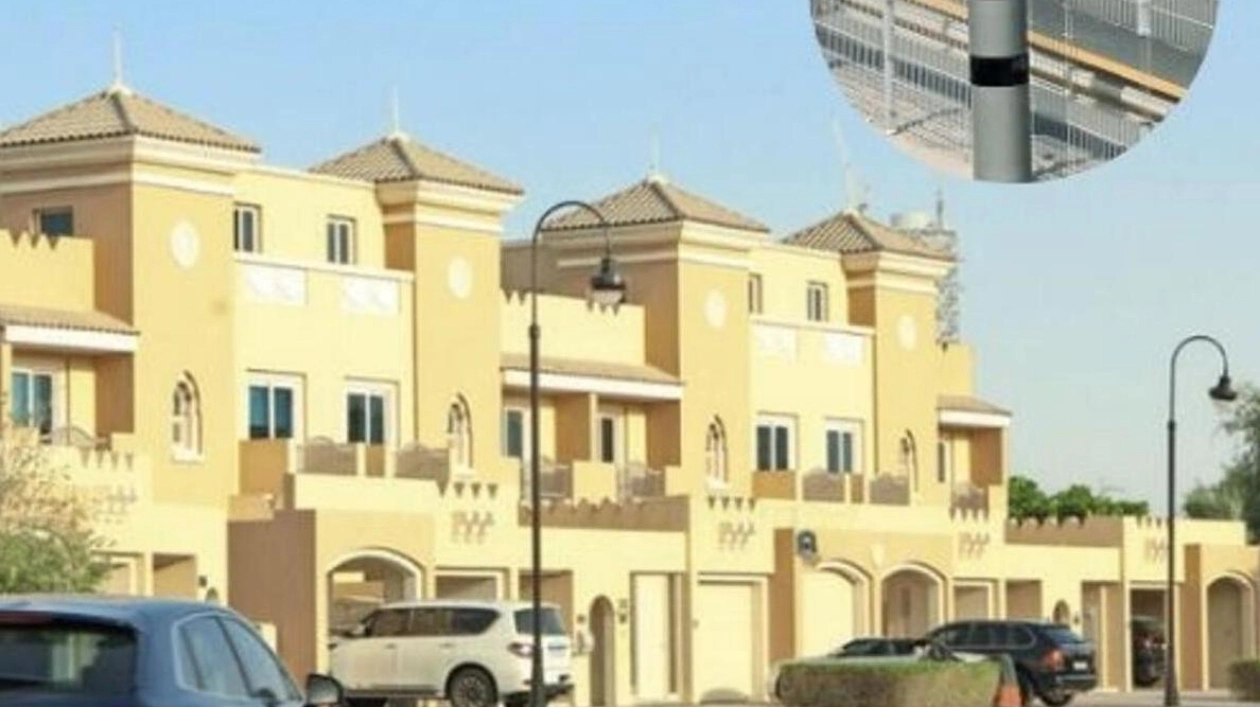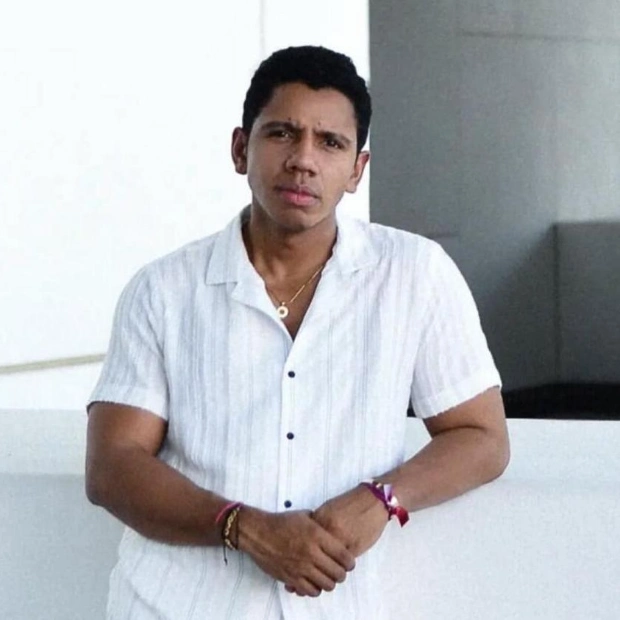The Dubai Police are planning to install 'silent radars' in residential areas, as disclosed by Khaleej Times. These devices are termed 'silent' because they do not emit the typical flashing signals of conventional radars. They are designed to detect not only speeding but also other infractions, such as not wearing seatbelts or using mobile phones while driving, according to a senior official. Some residents neglect traffic rules, such as not buckling up or using their phones, even for short trips within their communities. However, traffic laws are applicable within residential neighborhoods, and violations like not fastening a seatbelt can result in a Dh400 fine and 4 black points, while using a handheld phone while driving can lead to a Dh800 fine and 4 black points.
It remains unclear when these silent radars will be deployed. The authority ensures that all behavioral fines are thoroughly reviewed before being issued. Salma Mohammed Rashed Almarri, the head of the Traffic Awareness section, emphasized that Dubai Police officers verify fines through video footage, especially for behavioral violations such as using phones or not fastening seatbelts.
Hassan Ali Taleb Alhamer from the Traffic Technology Department clarified that Dubai's radars are capable of detecting more than just speeding. They also catch illegal U-turns and other traffic violations. These advanced traffic control technologies on Emirates' roads can detect mobile phone usage and seat belt violations, among others. The radars installed on Dubai roads can monitor six main lanes and two side lanes, read license plates, and identify if they are obscured. These high-tech devices can detect speeding and other violations even if a vehicle is partially hidden by another.
Officer Salma highlighted that motorists in Dubai must stop completely at pedestrian intersections and wait for pedestrians to fully cross. Failure to do so incurs a Dh500 fine. Dubai's roads are not only monitored by these advanced radars but also by large screens in the Dubai Police Command Control Centre. Major Mohammed Shahriyar Alblooshi, the assistant director of the Command Control Centre, explained that they can check for traffic issues and send police patrols directly from the centre. Captain Majid Al Qassim, the head of specialized operations, added that they monitor all roads from the control room and have multiple assets like ambulances and patrols ready for emergencies.
Additionally, the Dubai Police Awareness Department has been actively educating drivers about maintaining a safe following distance, with fines up to Dh400 for this violation. The authority emphasized that the goal of these advanced systems is primarily to ensure road safety for all, not just to issue fines. The police acknowledged that many drivers are aware of radar locations and adjust their speed accordingly. However, the main focus is on maintaining a consistent and safe driving speed rather than catching speeding drivers.






